Horror is arguably the most divisive of genres. You’ve either heartily on board or you refrain from watching anything even remotely scary or gruesome. The hugely popular US TV series The Walking Dead has done a fine job during its epic nine seasons of bridging that gap between devoted gore-hounds and those who wouldn’t ordinarily watch even a sliver of blood-letting on screen. The gripping 2016 South Korean zombie thriller Train to Busan likewise puts to rest those misconceptions about the genre being only about blood and guts. Its a zombie film that is as emotionally engaging as it is terrifying.
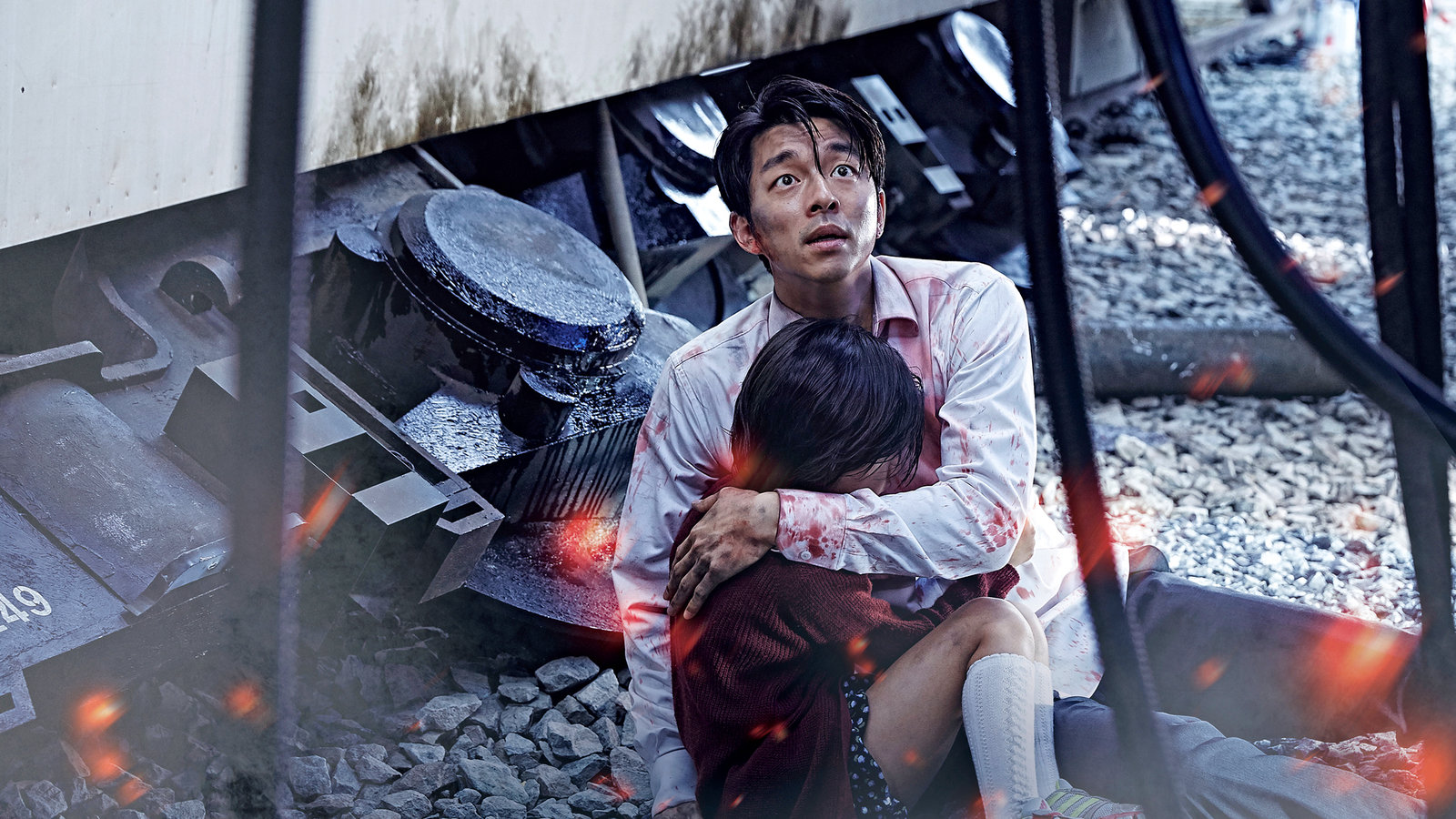
While Train to Busan doesn’t rewrite the rules in the way Danny Boyle’s 28 Days Later attempted, it’s able to frame the sparse narrative within an entirely relatable human context, while still ratcheting up the mass zombie mayhem to often unbearable moments of suspense. In the film, an aloof businessman Seok-woo (Gong Yoo) from Seoul reluctantly agrees to chaperone his estranged young daughter back to her mother’s home via Korea’s high-speed rail service to the titular destination. But as the duo depart Seoul, it becomes clear something very wrong and disturbing has taken hold of the world outside of their train. Fevered news reports alert the passengers that a dangerous pandemic has broken out, and before long, father and daughter find themselves fending off the hordes of undead which are storming through each carriage.
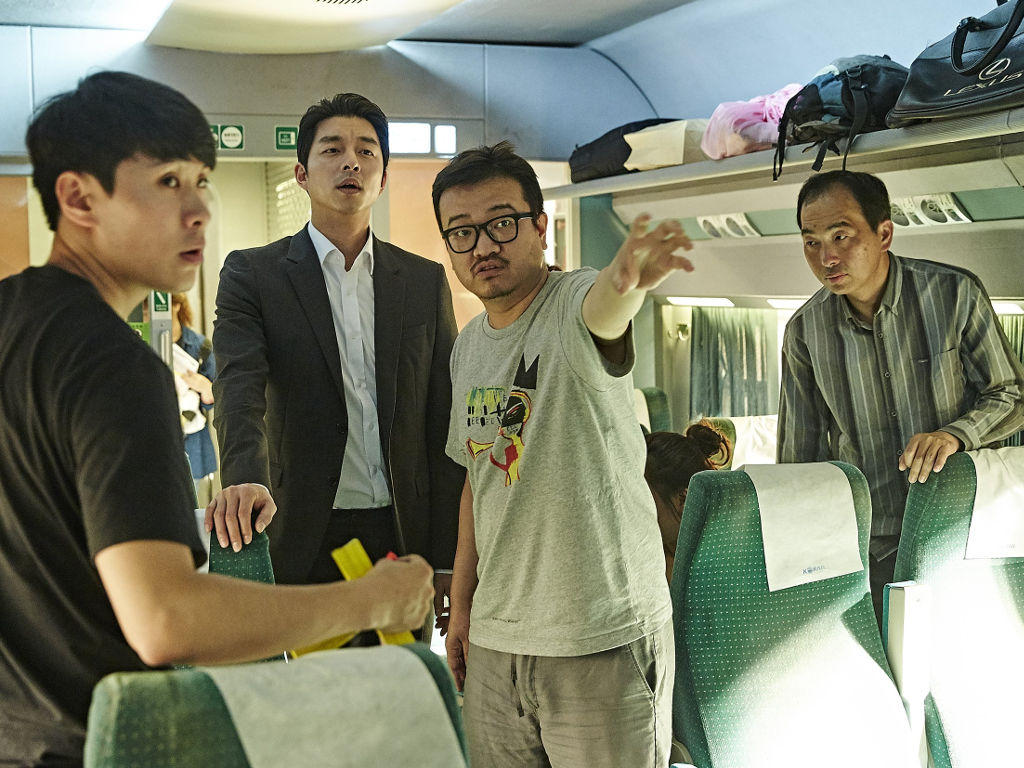
It’s true that Train to Busan hardly wins points for originality. We’re introduced to a number of archetypes that have played out before in similar apocalyptic situations on screen but director Yeon Sang-ho is interested in exploring themes beyond the usual blood and guts carnage and victim tick-list. As the journey thunders along, elements of class war and siege mentality are touched upon, where the lack of empathy and mistrust among the living prove to be just as tough to avoid as the unwanted train guests. Throughout all this, the filmmakers never skimp on the action and the full-throttle zombie attacks are considerably more effective than anything seen in the likes of World War Z, and on a fraction of that film’s budget.
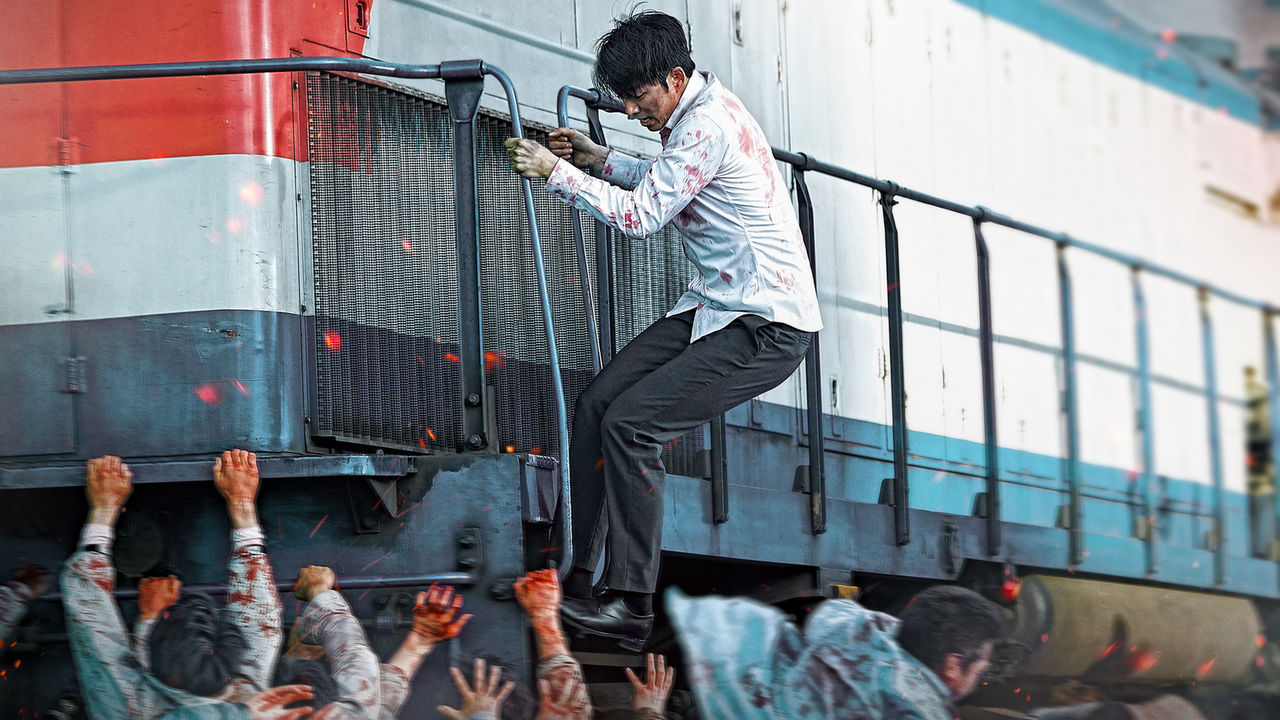
There’s the odd hiccup or two along the way here. The film’s pantomime portrayal of the main villain – whose increasingly desperate actions sometimes tips things into unintentional hilarity – does threaten to derails the tension, but this is a minor quibble in an otherwise exhilarating and gut-wrenching thrill-ride which never lets up on both the emotional and dramatic stakes. Ultimately it’s the father-daughter relationship which anchors the film, and this is where those with an aversion of horror are putty in the hand of the director, particularly during the film’s emotional wallop of an ending. With recent talk of Aquaman director James Wan producing a Hollywood remake, let’s hope that family dynamic is given the same care and attention for an American audience. If so, there could be even more horror converts lining up to be taken on an emotional and visceral thrill ride.

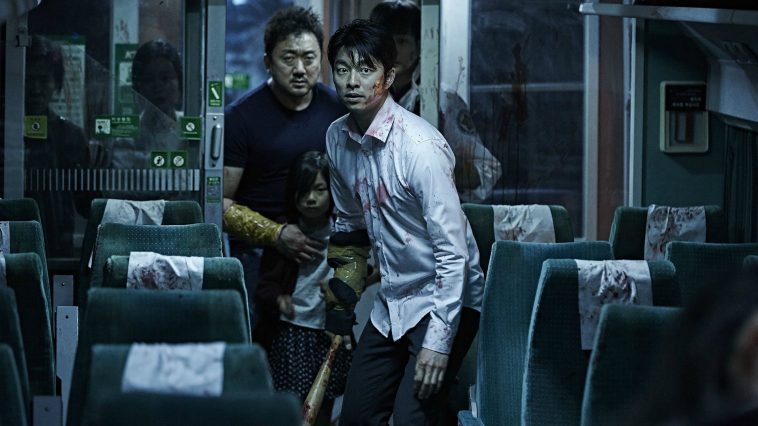

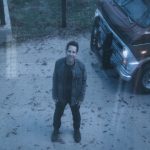


Leave a Comment